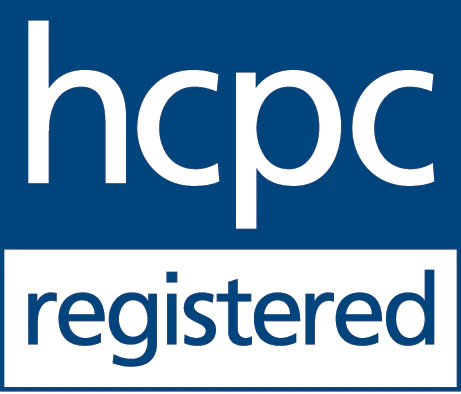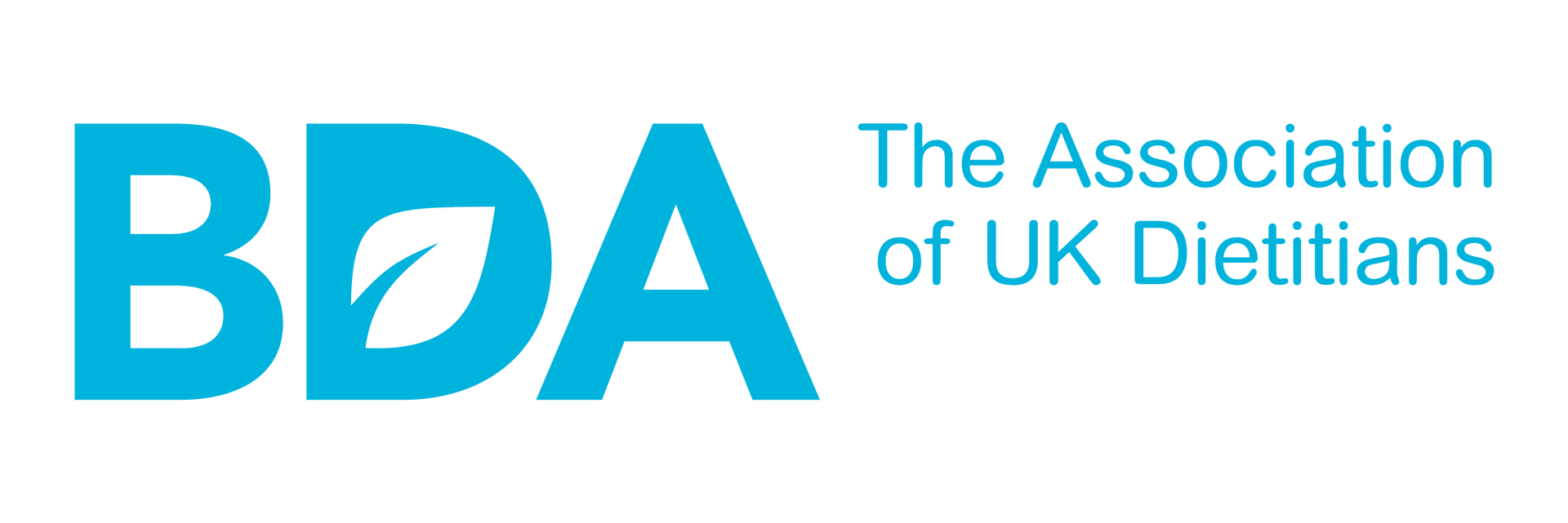Managing diet whilst away on holiday
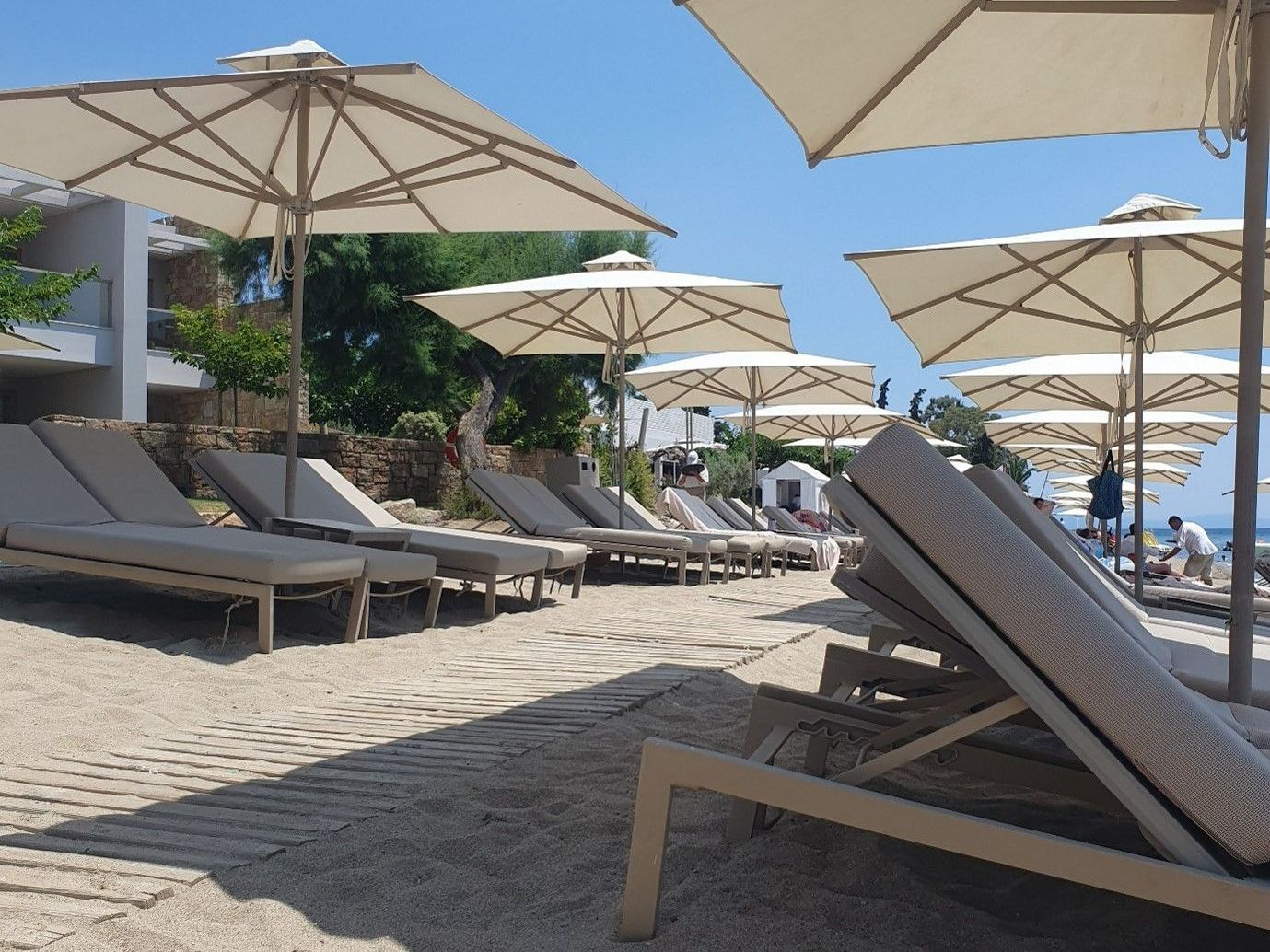
Whether it's a different country or a staycation it's generally accepted that most of us will eat differently and usually eat more when away on holiday. It’s a time for relaxation, switching off and not having to live by certain rules, potentially around food. Whether its managing blood glucose levels, weight management, blood pressure or cholesterol control, our nutrition health goals do tend to get side lined whilst taking a break from the real world.
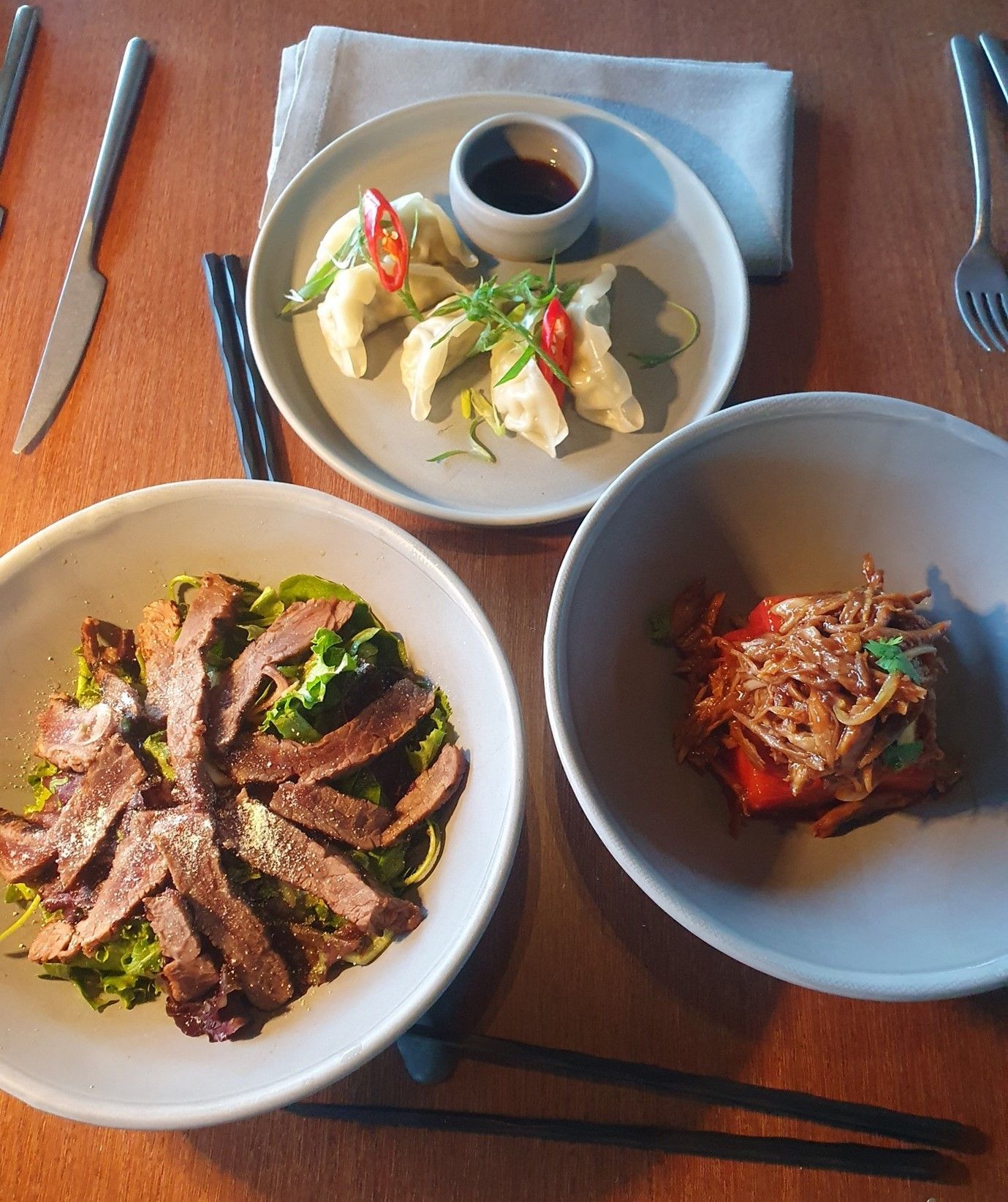
One of the first things to say in this article is eating and taking pleasure from food whilst in holiday mode is perfectly acceptable. Going away for a week or two and eating differently will not cause lasting damage or break health goals, however it can be useful to think ahead and plan out some structure around eating when away. Here are my dietitian top tips on how to eat well, but also *eat well*!
Buffet style
Alot of establishment will host buffet style in their hotels. Isn’t it a pleasing sight seeing all the beautiful foods in abundance. There can be an urge to fill our plates high and visit over and over, we are after all wanting to get our monies worth! The issue with overfilling our plates and bellies is it can leave us feeling too full, lethargic and possibly abit nauseous. The other common feeling is guilt, at the time we get pleasure from the tastes and flavours however we may start to feel guilt after eating too much as a result of feeling physically too full. A great way to feel satisfied and nourished is to fill your plate with lots of non-starchy vegetables, e.g. green salad, roasted Mediterranean vegetables, griddled aubergine, sliced tomatoes. Usually, buffets have plenty of these options and ideally should cover half of your plate. Then select your protein. Ideally avoid foods that look particularly fatty, eg red meat with lines of white fat such as lamb or pork chops, however if you do choose these, simply cut that fat away.
Fish is a great option, seabass, salmon, grilled prawns, are all high in protein. Protein helps to fill us up and satisfy hunger. The benefit of including oily fish (salmon, mackerel, swordfish) means we are getting our weekly dose of omega 3. A portion about the size of your palm or 140g once weekly delivers the right amount of omega 3 the body needs. Including omega 3 has been shown to help lower blood pressure, reduce triglycerides, and improve circulation.
Another great protein option is cheese, particularly some of the Mediterranean ones, for example mozzarella, halloumi and feta. Generally, these cheeses are on the lower end of the fat content side of things when compared with other cheeses such as cheddar and parmesan. They are still however all technically high in fat, so the portion size is key. Including cheese not only means we are getting a good source of protein, but also, we also get a healthy dose of calcium which is important for bone health.
The final part of your plate should be left for starchy carbohydrates. Bread, potatoes, rice, pasta, cous cous and noodles are all suitable choices. If you can choose the grainier, seeded, brown versions it means we are choosing carbohydrate which has fibre and usually is lower in glycaemic index which can be helpful for blood glucose control if living with diabetes.
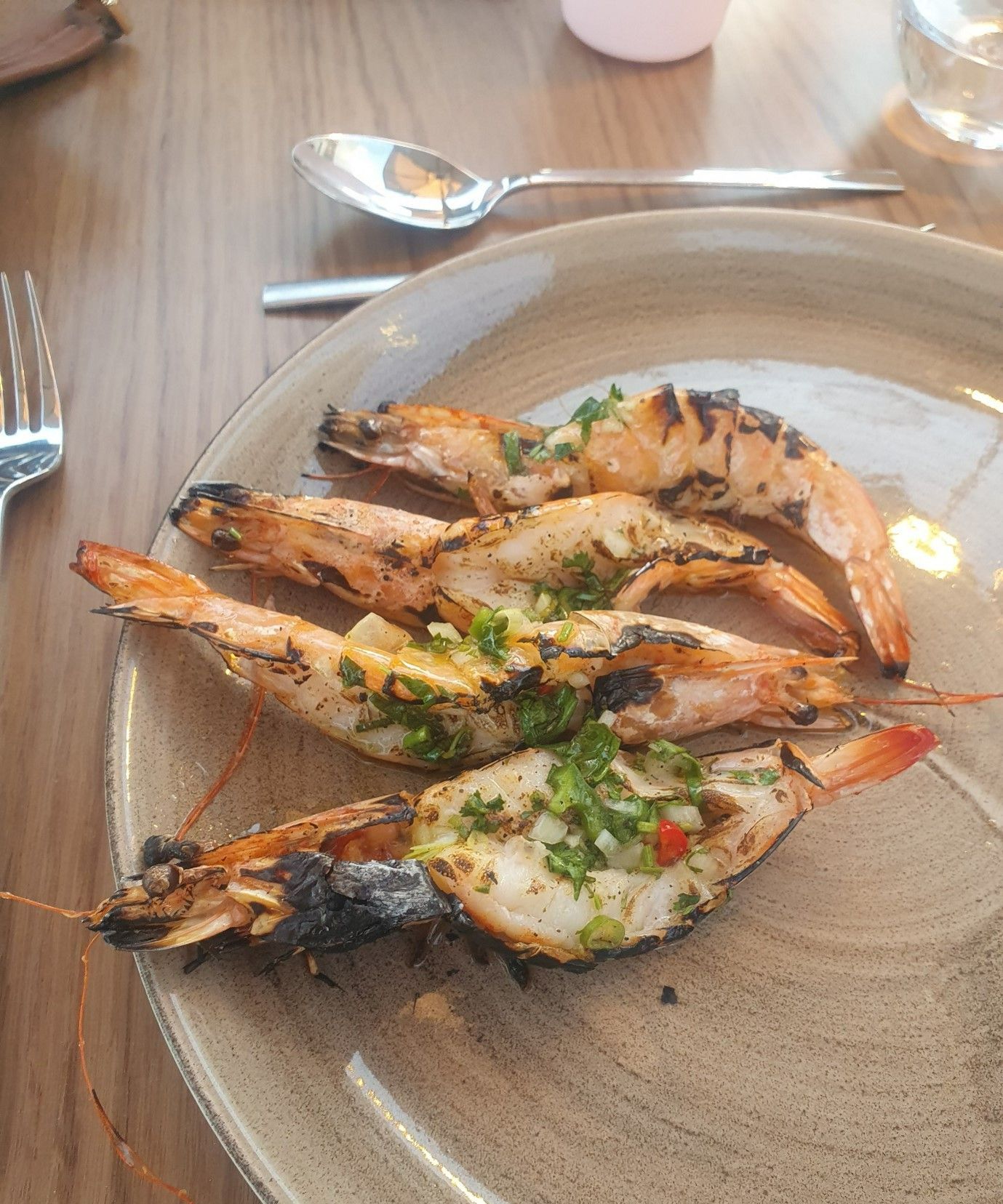
3 Courses
Can I eat a three course meal on holiday and still maintain my health? ... The answer ... yes absolutely! Here are my top tips on how to manage things:
Before ordering food, be mindful of what you will drink. Fizzy pop, fruit juice, cocktails and cider all contain alot of sugar content, so try to avoid them or keep the amount smaller. Rehydrate with water, especially if you are in a warm country. We need 1.5 to 2 litres of fluid per day. In warmer weather we need more.
A better time to have a three-course meal is lunchtime. We are more likely to be active after lunch than dinner. Movement can help with blood glucose regulation, burn some additional calories we may have consumed, improve digestion and increase circulation. So try going for a stroll on the beach or a swim mid-afternoon.
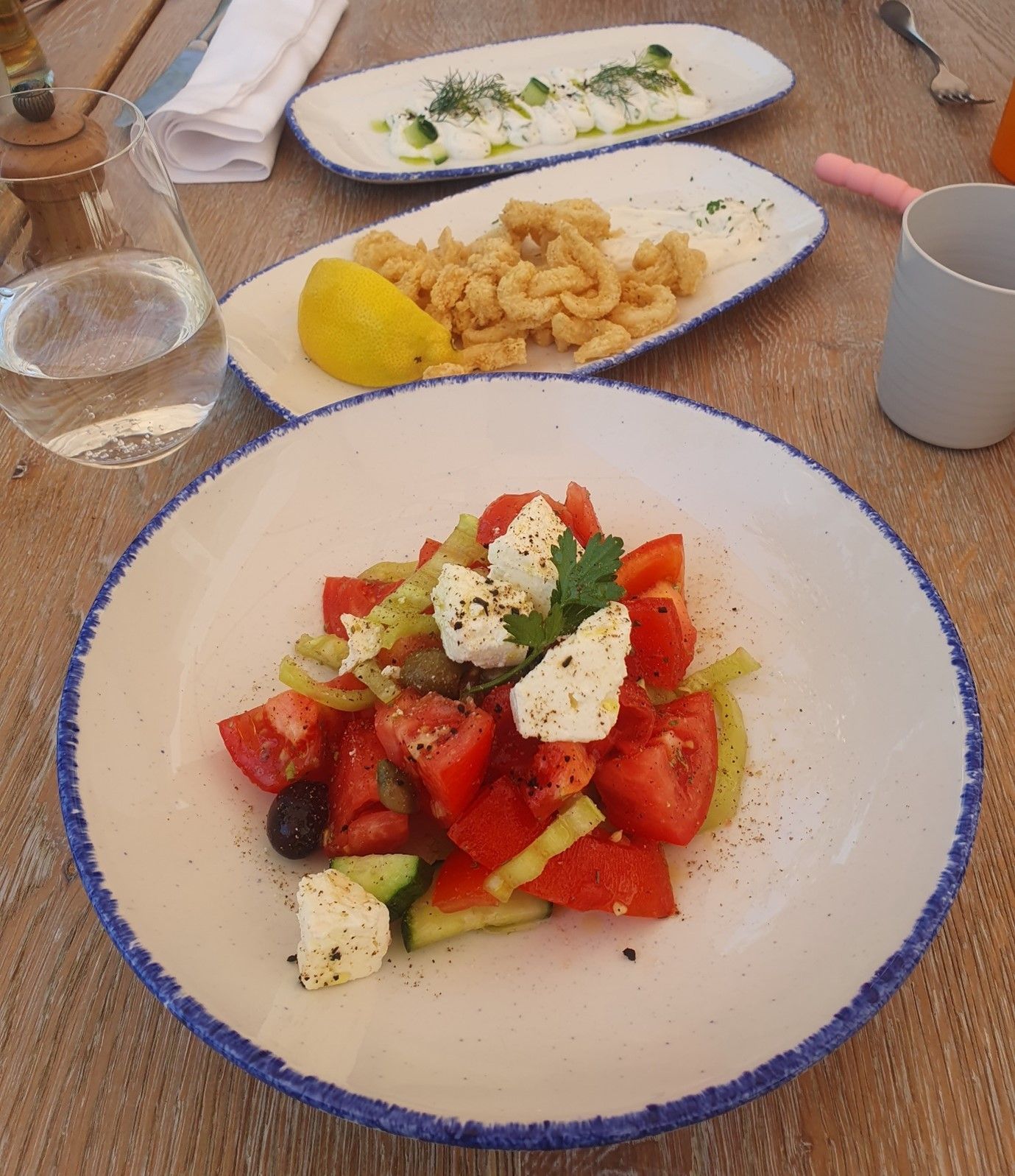
Pick a low-key starter. Low key doesn’t need to be boring though, think lower carb or no carb starter, e.g. mussels, Greek salad, prawns, soup with a small amount of bread, calamari, garlic mushrooms, cold meats, cheese based starters. We are bound to have carbohydrate in with our main and definitely with dessert, so starting on the low side helps to reduce the overall carbohydrate load.
For mains aim for your plate to be 1/4 starchy carb, 1/4 lean protein, and 1/2 vegetables or salad. Filling up on vegetables and salad means we are working more towards our 5 a day. Only 33% of the UK population reach there 5 a day goal every day. Eating 5 a day is associated with low cardiovascular risk. Including enough fruit and vegetables provides a healthy dose of fibre which is helpful for our gut health. In particular fibre helps to keep our bowels regular and helps prevent constipation. Constipation can be more common when on holiday as a result of dietary changes, drinking less water and an increased amount of alcohol.
Opting for lean protein mean a low saturated fat intake. We know the consumption of saturated fat can increase LDL (bad) cholesterol, which can increase the risk of developing atherosclerosis (plaque building up inside the artery wall). Other great heart healthy protein sources include beans, lentils, tofu, edamame beans and oily fish.
Theres not really any getting away from sugar when it comes to dessert. So, pick what you know you'll enjoy. You are on holiday after all. Try and find something that's a sensible sized portion and if the pudds are on the larger side then consider sharing. Another option is to go for fresh fruit. By doing so you are adding to your 5 a day goal and you'll leave the meal feeling satisfied you ate another nutritious item.
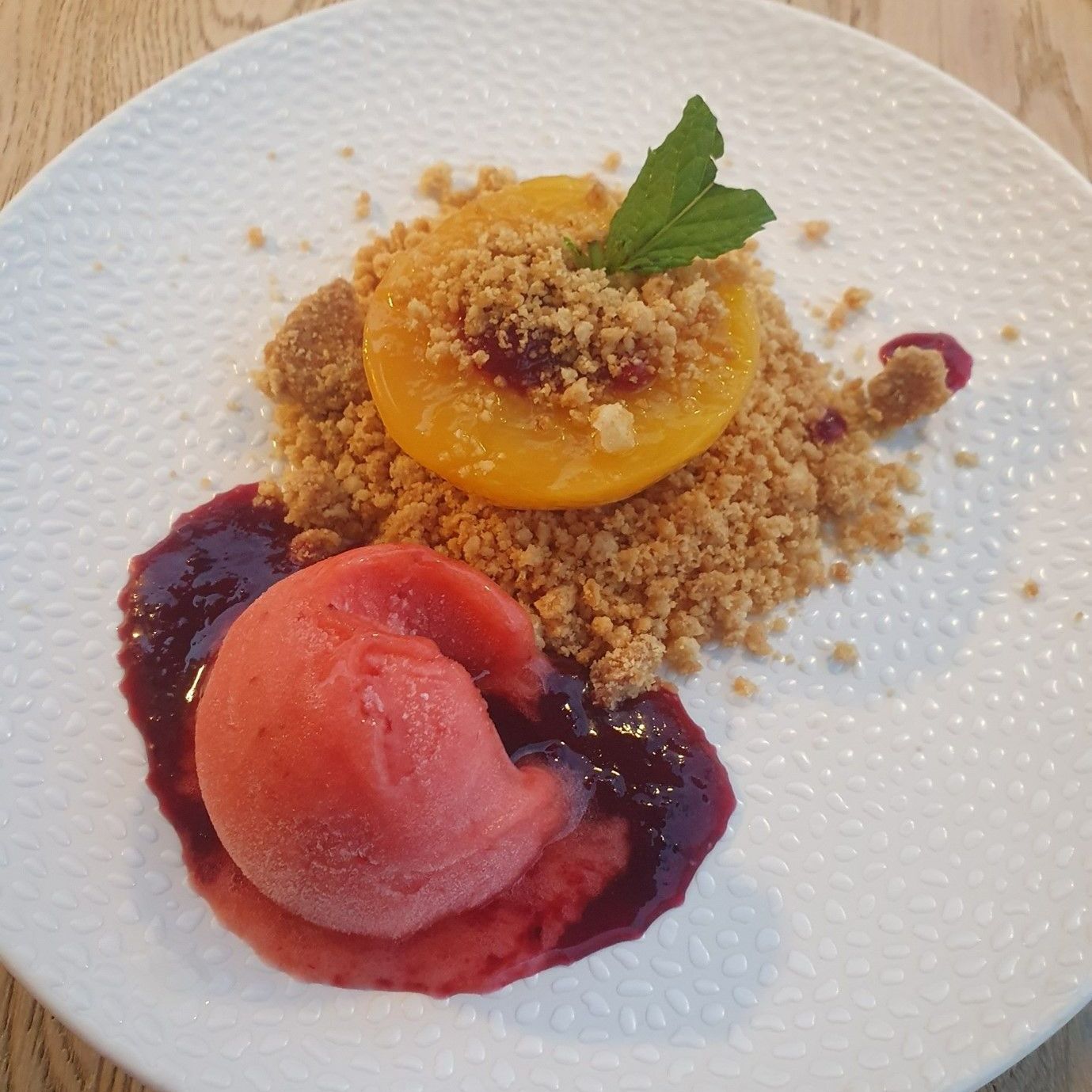

Alcohol
Before we get started on advice on alcohol it’s important to always follow the advice of the healthcare professionals that know you. Although in general the recommendation is 14 units or less per week, the advice about alcohol can be different for some individuals, so always check with your healthcare professional first.
If you like a tipple, and particularly like one on holiday, it's likely you'll drink a bit more when away.
Try to make sure you are hydrated before you dive into the first drink. Chances are you'll drink it a lot quicker if you're feeling thirsty. Get a glass of water in beforehand.
Alcohol percentages vary. A typical beer or cider has 4-5% alcohol, whereas a glass of wine can vary from 11-14%. The greater the volume of alcohol the higher the consumption of units. Alot of people won’t realise a large glass of wine can contain up to 5 units of alcohol, which is just over a third of our allowance limit per week.
Alcohol makes us hungry, and we dont tend to crave salad and vegetables. It's usually foods higher in fat, salt, sugar or starchy carbohydrates foods. So be mindful of not overindulging.
Get plenty of water in during and after alcohol. Alcohol is a diuretic, which means it can dehydrate us. For this reason, alcohol can also promote constipation, meaning getting in the fluids and fibre sources is even more important.
Send us a message
Contact Us
Thank you for contacting us.
We will get back to you as soon as possible.
Oops, there was an error sending your message.
Please try again later.
Spooner Nutrition







